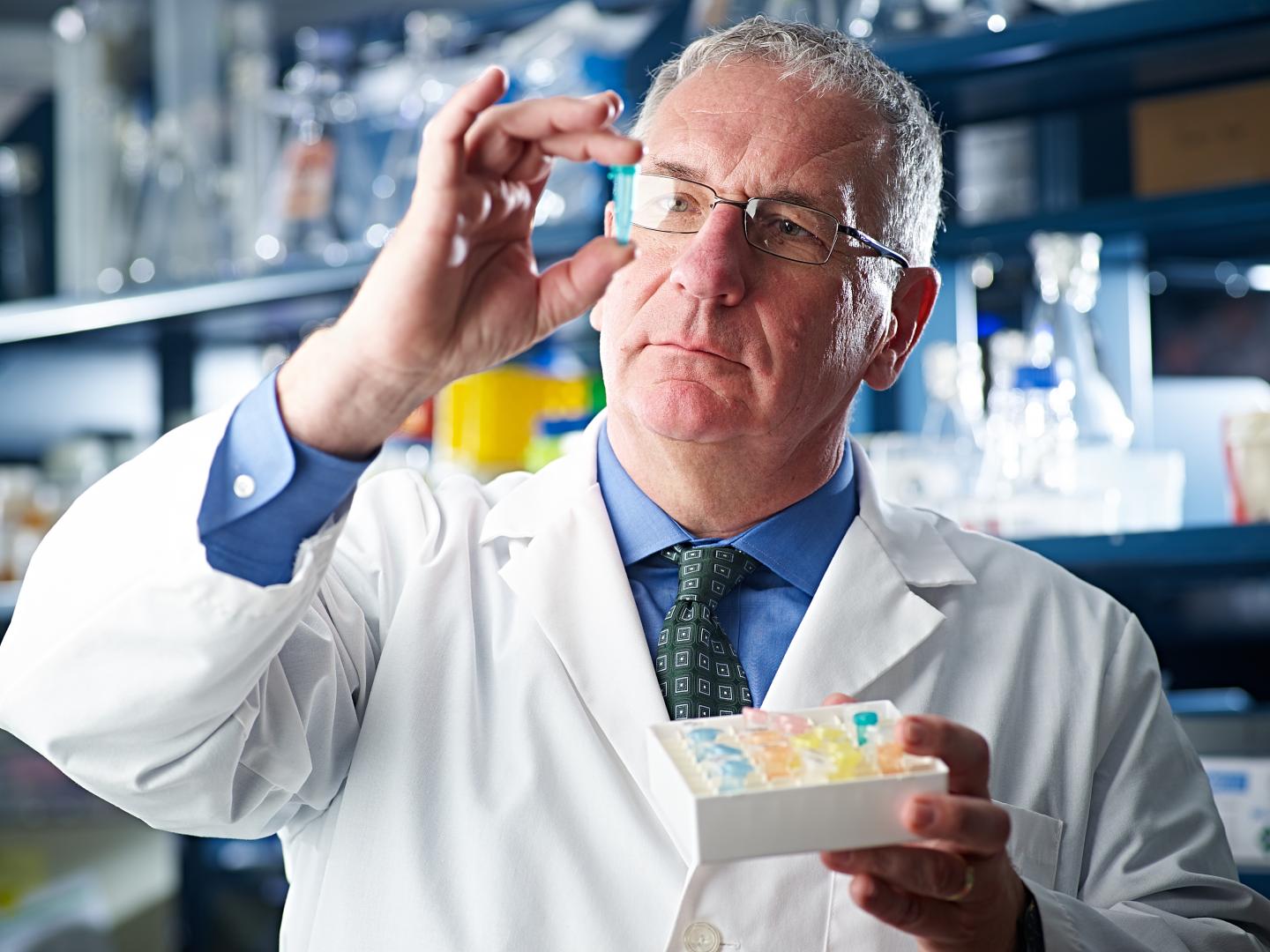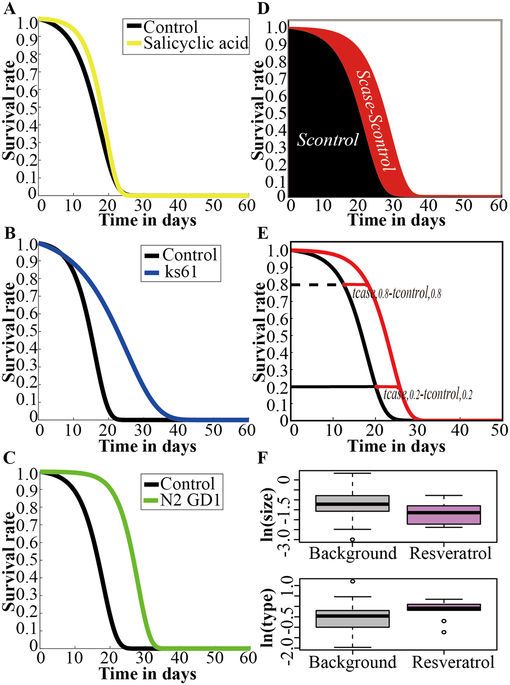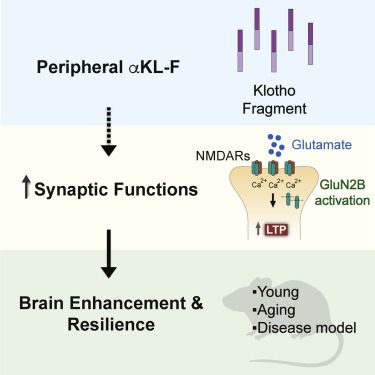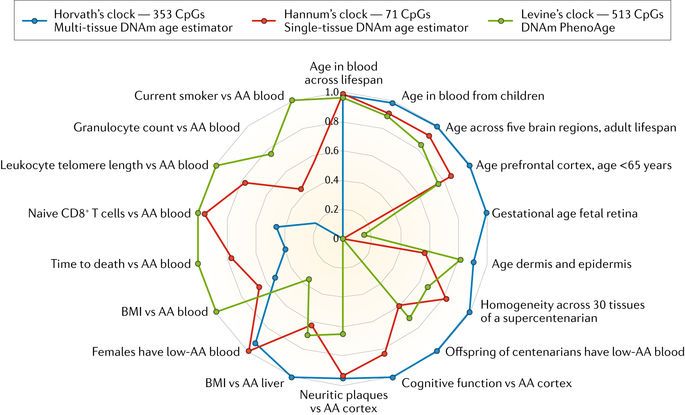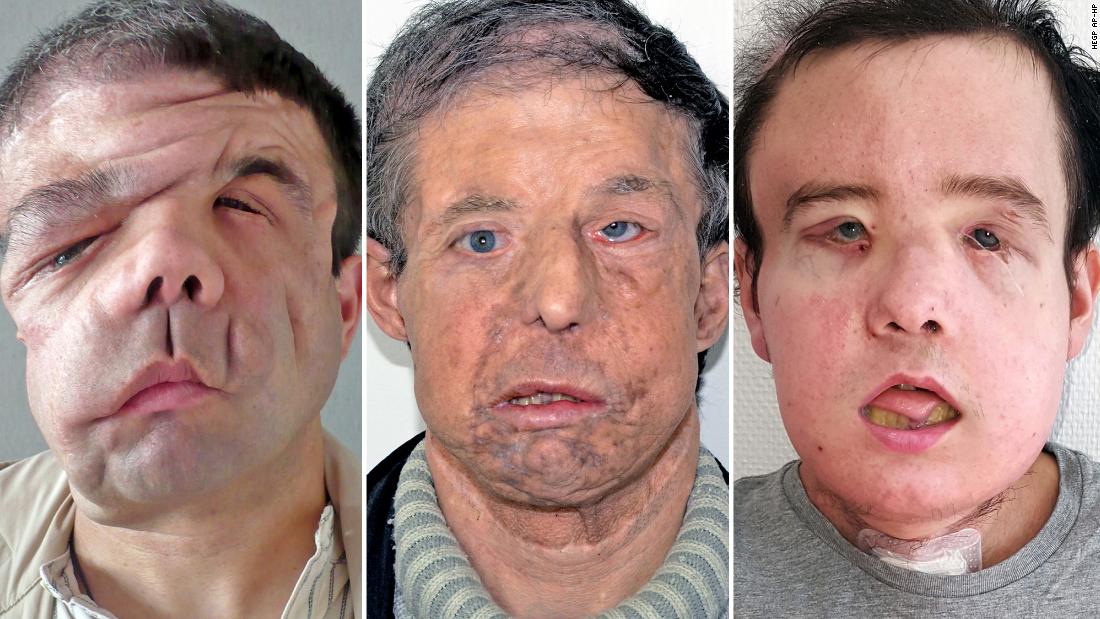Wilmington, DE, April 19, 2018 — Scientists at Christiana Care Health System’s Gene Editing Institute have developed a potentially breakthrough CRISPR gene-editing tool. It could allow researchers to take fragments of DNA extracted from human cells, put them into a test tube, and quickly and precisely engineer multiple changes to the genetic code, according to a new study published today in the CRISPR Journal.
Investigators at the Gene Editing Institute, which is part of the Helen F. Graham Cancer Center & Research Institute at Christiana Care, said their new “cell-free” CRISPR technology is the first CRISPR tool capable of making multiple edits to DNA samples “in vitro,” which means in a test tube or petri dish. The advance could have immediate value as a diagnostic tool, replicating the exact genetic mutations found in the tumors of individual cancer patients. Mutations that cause cancer to spread can differ from patient to patient, and being able to quickly identify the correct mutation affecting an individual patient can allow clinicians to implement a more targeted treatment strategy.
“With this new advance, we should be able to work with laboratory cultures and accomplish gene edits in less than a day, significantly reducing the time required for diagnostics compared to other CRISPR tools, and with much greater precision,” said Eric Kmiec, Ph.D., director of the Gene Editing Institute and principal author of the study. “This is particularly important for diagnostics linked to cancer care where time is critical.”
